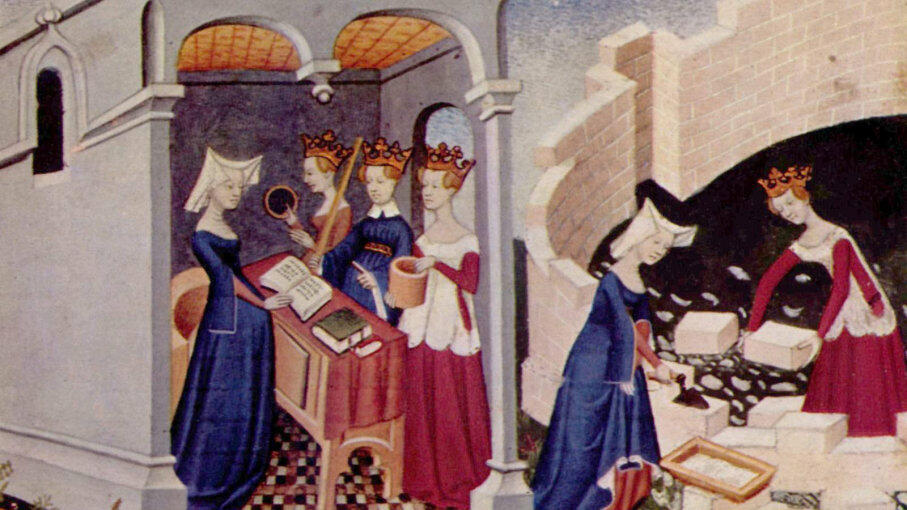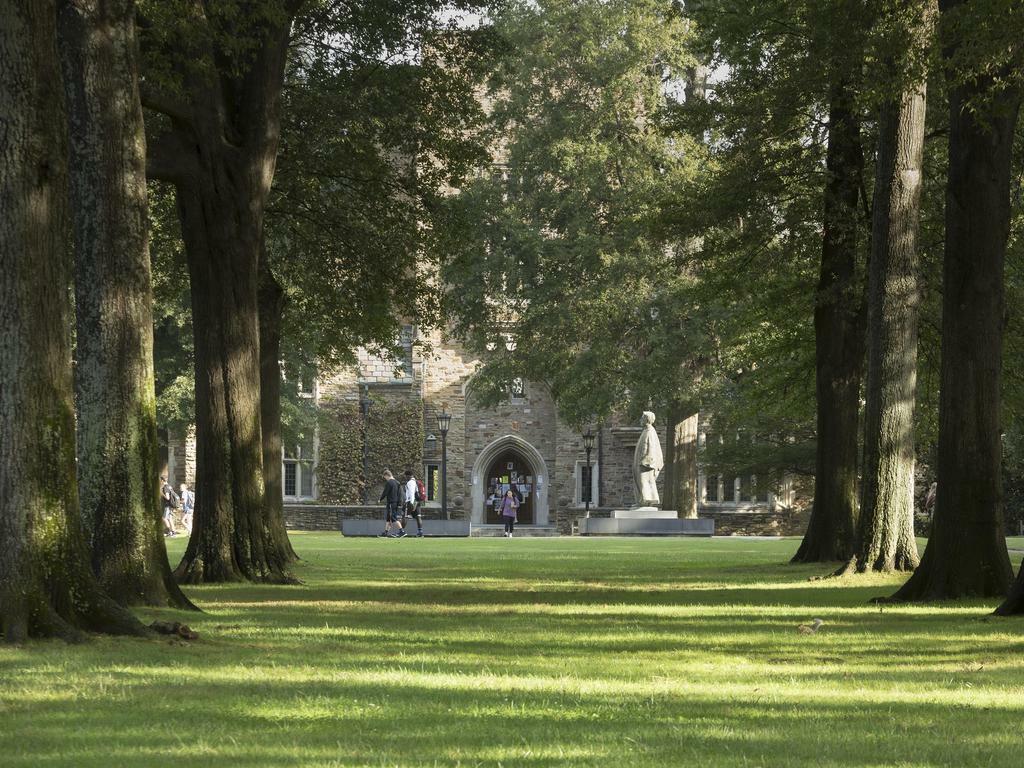The Search for Values in the Light of Western History and Religion
The “Search” curriculum is a three-semester sequence of Humanities courses that focuses on major works that have formed the western tradition. In a small, seminar setting, Search students and faculty engage in sustained examination of vital questions arising from an individual’s relationships to the natural world, human society, and the products of human culture. We approach these questions by interrogating central texts within, and written in contestation of, western intellectual traditions, including Christianity, Judaism, and Islam. The texts we study over the course of our three semesters speak directly to each other, often radically critiquing the traditions out of which they emerge. In Search, we critically examine the assumptions that emerge from these disputed traditions, assumptions that underlie cultures and institutions in the modern world. Throughout, we stress the skills that are central to the whole curriculum (careful reading, analytical writing, critical thinking and discussion), and we equip students to enter into a lively and lifelong conversation of ideas.
During the first year of the course, all Search colloquia follow a common syllabus; every 2-3 weeks, all Search students meet for a plenary lecture delivered by one of the Search faculty.
HUM 101
The first semester of Search focuses on the ancient world and follows the history and literature of the Israelites and the Greeks. Texts include the ancient Sumerian Epic of Gilgamesh, selections from the Hebrew Bible, and the selected works of Homer, Thucydides, Plato, and Aristotle.
HUM 102
The second semester of Search covers literature from the Hellenistic period to the Middle Ages. Texts include Virgil’s Aeneid, the New Testament, the Qur’an, and Dante’s Divine Comedy.
HUM 201
In the third semester of Search, different sections follow different themes and disciplinary focuses determined by the instructor.



